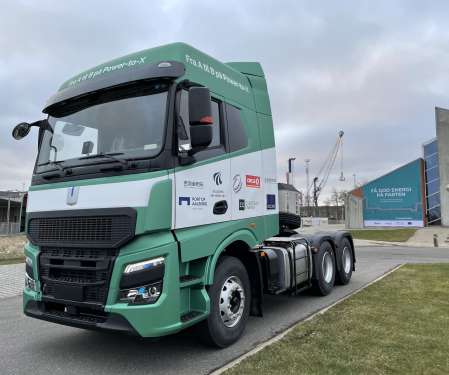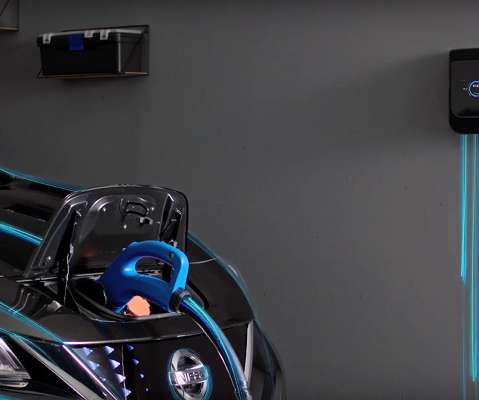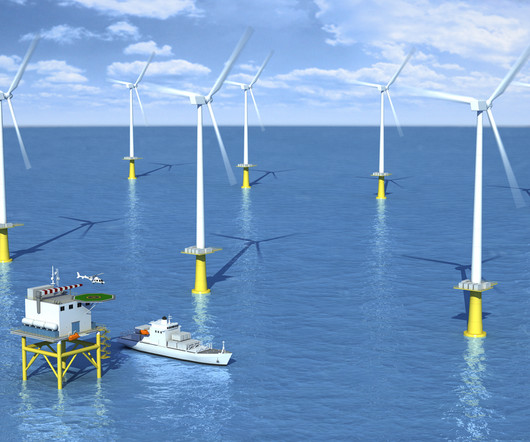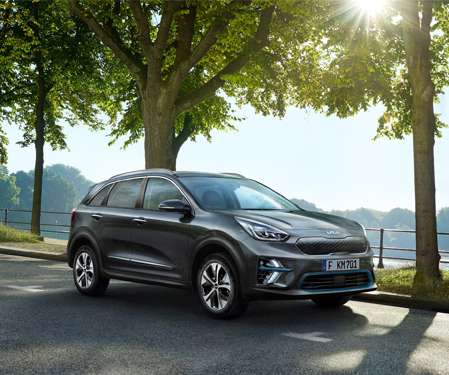Geely supporting Danish initiative on e-methanol with vehicle trials in Aalborg
Green Car Congress
MARCH 30, 2022
Denmark has been a global leader in sustainability, and has pledged to reduce its carbon emissions by 70% by 2030. While the country is one of the world’s largest producers of wind and solar renewable energy, it faces the issue of renewable energy being weather-dependent and prone to fluctuation.























Let's personalize your content